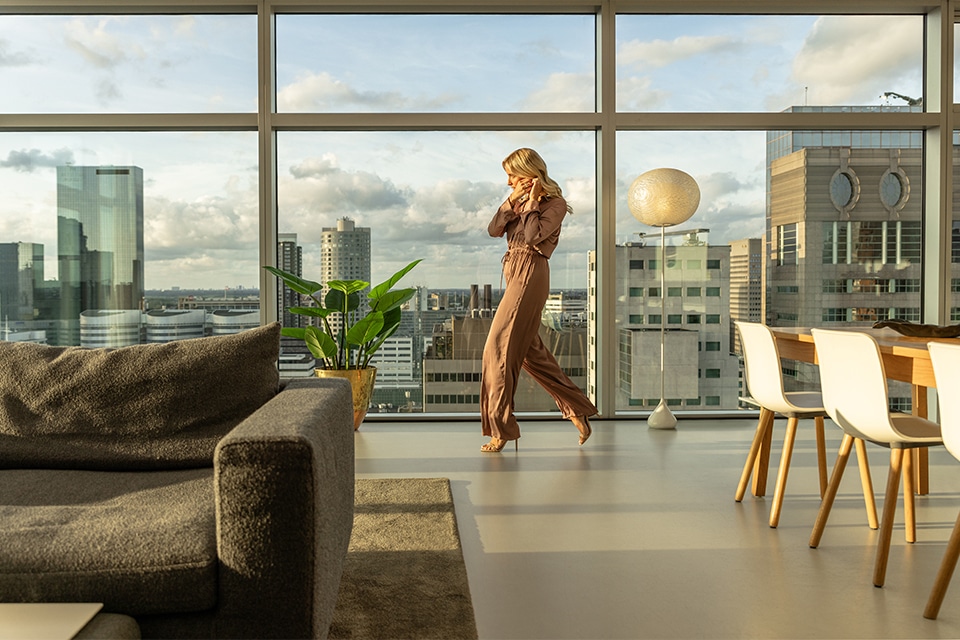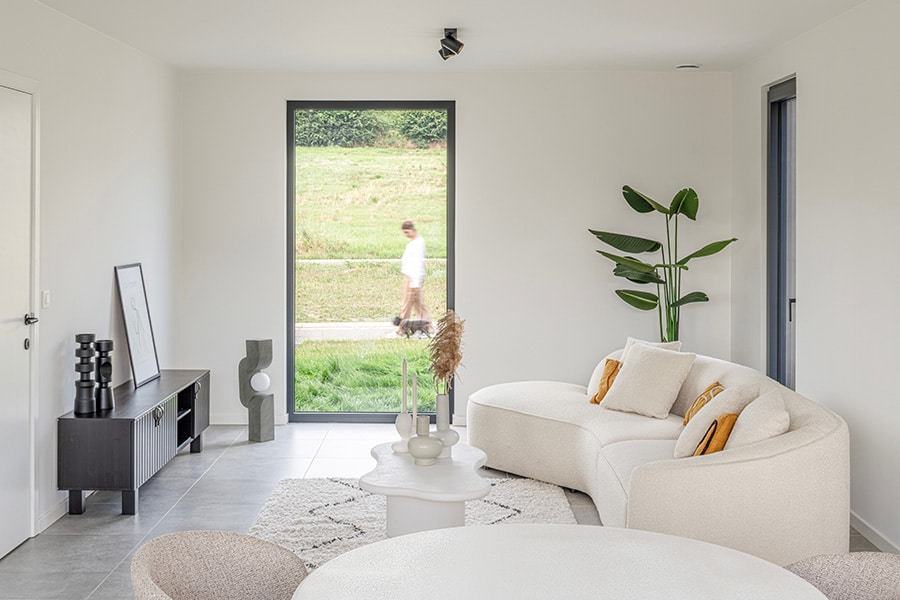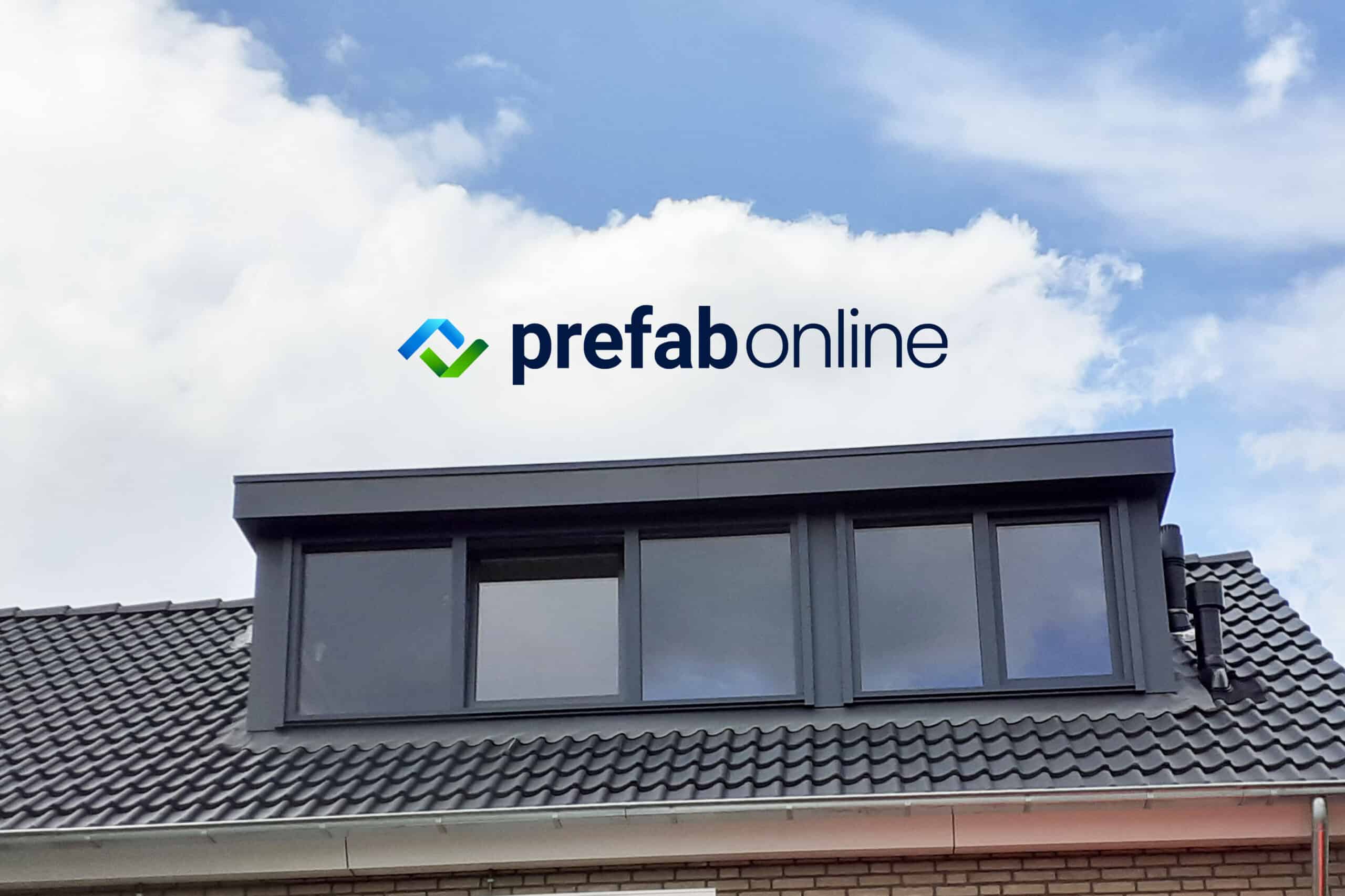
Energy crisis & heat stress central during webinar DUCO
Wednesday, November 30
The energy crisis is affecting more and more households. Costs are exploding and families are looking for solutions to control their energy consumption. On Wednesday, November 30, DUCO therefore explains during the webinar Energy Crisis & Heat Stress how their ventilation and shading solutions contribute to a comfortable indoor climate in an energy-efficient way. Advisor Haico Van Nunen of Bouwhulpgroep joins us at the table.
Ventilation as an energy-saving measure
With the ongoing energy crisis, we are looking for all kinds of ways to keep our energy bills for healthy living comfort as low as possible. Many people do not think of ventilation when they think of energy-saving measures, although ventilation can indeed make a significant contribution to saving on energy costs. After all, ventilation ensures clean, dry air in the home, which allows the home to be heated faster. Says Richard Geraerts, sales manager at DUCO: "Dry air is heated faster than humid air. Especially in winter, high humidity occurs in the home because we keep the windows closed. High humidity is created by cooking and showering, but also by simply breathing and moving. In addition to high humidity causing mold in the home, it also causes your home to have to use more energy to warm air. If the heating is on, it can also actually create too low a humidity level in your home, which is not good for your health."
Passive cooling in the fight against heat stress
Fabric blinds or architectural blinds are part of your home's insulation. They are effective solutions that last a lifetime with low energy bills for cooling, heating and lighting. We explain the key issues during the webinar. Research by Green Housing (a collaboration between housing associations, the Ministry of the Interior, VNG, the Woonbond and Aedes) shows that heat is an issue for half of tenants. And almost two-thirds of housing associations have received complaints from tenants about heat stress. These complaints do not yet lead to a structural heat approach by housing associations. So housing associations also have a great need for more knowledge. And that knowledge is what we are trying to give November 30.
Windows open or closed this winter?
It will be a tough choice between ventilating or saving energy. Will there be plenty of ventilation this winter to reduce the risk of corona infections? It will be a tough dilemma for families and businesses over the next few months. Compared to last year, energy prices have skyrocketed. Although ventilation will not always weigh on energy bills, at least if the space is equipped with modern energy-efficient systems. With the new systems, the air going out gives off heat to the air going in. Much of the thermal energy is recovered.
Timing & registration
The webinar will take place online at Wednesday, November 30 from 10 a.m. to 11:15 a.m.




